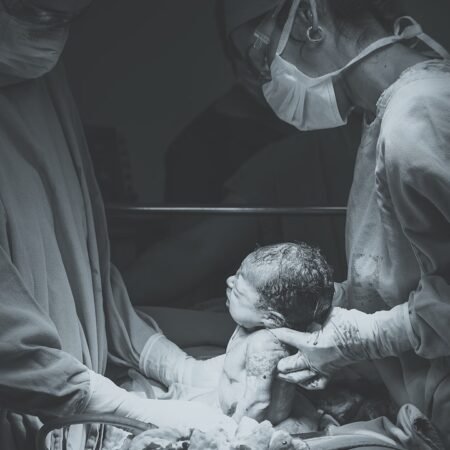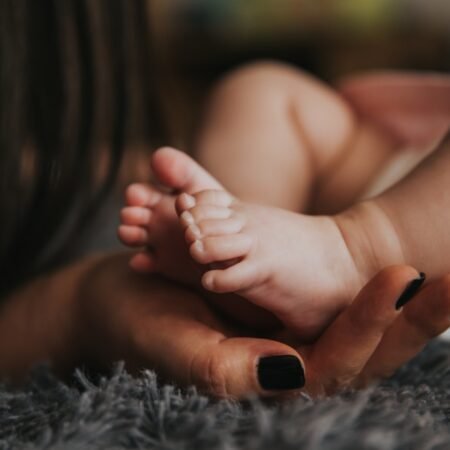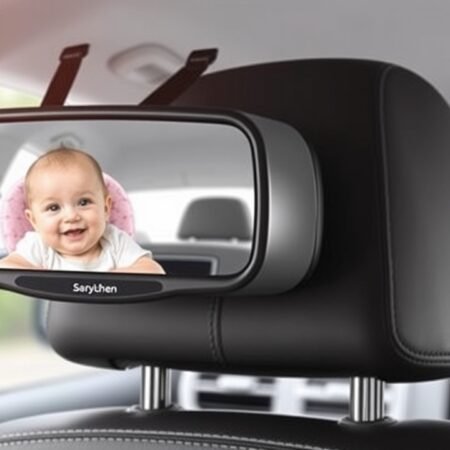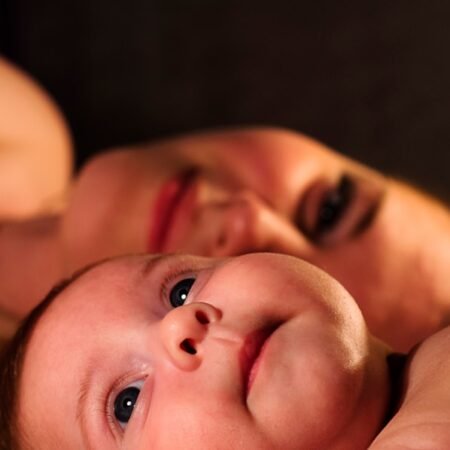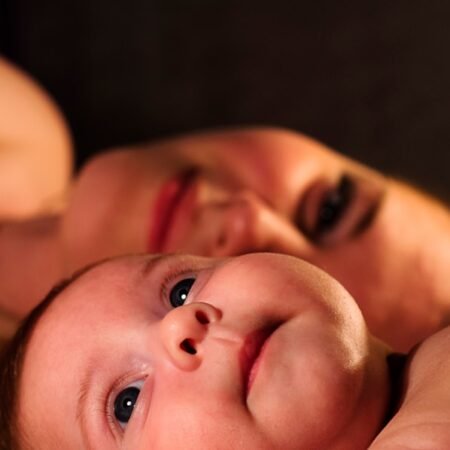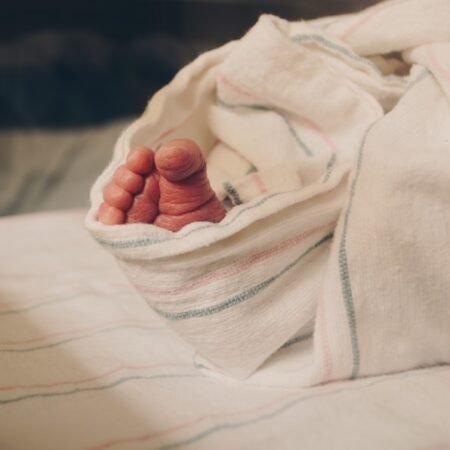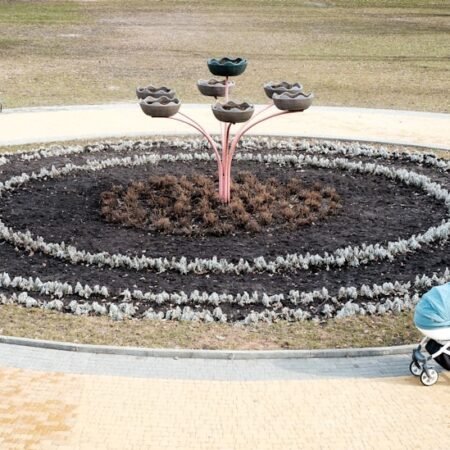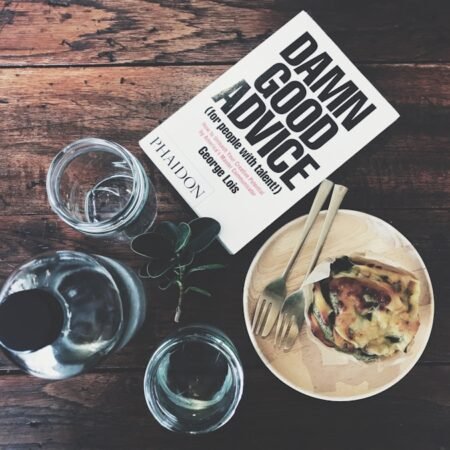When it comes to feeding your baby, proper food storage containers are essential for maintaining the freshness and safety of their meals. Babies have delicate digestive systems, and it’s crucial to ensure that their food is stored in a way that minimizes the risk of contamination and spoilage. Food storage containers designed specifically for baby meals are typically made from safe, BPA-free materials that won’t leach harmful chemicals into the food. Additionally, these containers are often designed to be easy to clean and sanitize, which is important for preventing the growth of harmful bacteria.
Proper food storage containers also help parents to portion and store their baby’s meals effectively. Whether you’re preparing homemade baby food or storing store-bought options, having the right containers on hand can make the process much more convenient. With the right containers, you can easily portion out individual servings, label them with the date and contents, and store them in the fridge or freezer for later use. This level of organization can be a game-changer for busy parents who want to ensure that their baby is getting nutritious, well-balanced meals every day.
Key Takeaways
- Proper organization of baby meals is essential for busy parents
- Food storage containers play a crucial role in keeping baby meals fresh and safe
- Choosing the right food storage containers is important for meeting your baby’s needs
- Effective use of food storage containers can make meal prep and storage easier for parents
- Eco-friendly options for food storage containers are available for sustainable baby meal organization
Choosing the Right Food Storage Containers for Your Baby’s Needs
When it comes to choosing food storage containers for your baby’s meals, there are several factors to consider. First and foremost, you’ll want to look for containers that are made from safe, non-toxic materials. Glass containers are a popular choice for many parents, as they are durable, easy to clean, and free from harmful chemicals. However, plastic containers can also be a good option, as long as they are labeled as BPA-free and are designed specifically for storing baby food.
Another important consideration when choosing food storage containers for your baby is their size and shape. Look for containers that are the right size for your baby’s portions, and that are easy to stack and store in the fridge or freezer. Some containers even come with interchangeable lids that can be used for both storing and serving, which can be a convenient feature for busy parents. Finally, consider the overall quality and durability of the containers you choose. You’ll want containers that can withstand frequent use and washing without warping or becoming damaged.
Organizing Baby Meals: Tips for Using Food Storage Containers Effectively
Once you have the right food storage containers for your baby’s meals, it’s important to use them effectively to keep your baby’s food fresh and safe. One of the best ways to organize baby meals using food storage containers is to create a meal prep routine. Set aside time each week to prepare and portion out your baby’s meals for the coming days. This can help you stay organized and ensure that your baby always has nutritious meals on hand.
Labeling your food storage containers with the date and contents is another important step in organizing baby meals effectively. This can help you keep track of how long each meal has been stored, and ensure that you’re using up older meals before they spoil. It can also be helpful to invest in a variety of container sizes, so that you can easily portion out different types of food, from purees to finger foods.
Meal Prep and Storage: A Guide to Batch Cooking and Freezing Baby Food
Batch cooking and freezing baby food is a great way to save time and ensure that your baby always has a variety of nutritious meals on hand. When batch cooking baby food, it’s important to have a selection of food storage containers in different sizes on hand. This will allow you to portion out individual servings of each meal, making it easy to grab a meal from the freezer when needed.
When freezing baby food, it’s important to use containers that are specifically designed for freezer use. Look for containers that are made from durable materials that won’t become brittle or crack in the freezer. It’s also a good idea to choose containers with tight-fitting lids, to prevent freezer burn and maintain the quality of the food. When batch cooking and freezing baby food, be sure to label each container with the date and contents, so that you can easily keep track of what you have on hand.
Storing and Transporting Baby Meals: The Best Containers for On-the-Go Parents
For parents who are often on the go, having the right food storage containers for storing and transporting baby meals is essential. Look for containers that are leak-proof and durable, so that you can pack them in a diaper bag or lunchbox without worrying about spills or messes. Some containers even come with insulated sleeves or bags, which can help keep meals at the right temperature when you’re out and about.
When it comes to transporting baby meals, it’s also important to consider the size and shape of the containers you choose. Look for containers that are compact and easy to pack, but still large enough to hold a full meal for your baby. Some containers even come with divided compartments, which can be useful for packing a variety of foods in one container. Finally, consider investing in a set of reusable utensils that can be packed alongside your baby’s meals, so that you’re always prepared when mealtime rolls around.
Keeping Baby Meals Fresh and Safe: Proper Storage Practices to Follow
Proper storage practices are essential for keeping your baby’s meals fresh and safe to eat. When storing baby meals in the fridge, be sure to keep them at the right temperature (below 40°F) and use them within a few days. It’s also important to store baby meals away from raw meat, poultry, and seafood, to prevent cross-contamination.
When it comes to storing baby meals in the freezer, it’s important to follow proper freezing guidelines to maintain the quality of the food. Be sure to cool hot foods before placing them in the freezer, and avoid refreezing foods that have already been thawed. It’s also a good idea to invest in a set of freezer-safe labels, so that you can easily keep track of what you have stored in the freezer.
Eco-Friendly Options: Sustainable Food Storage Containers for Baby Meals
For environmentally conscious parents, there are a variety of eco-friendly options available when it comes to food storage containers for baby meals. Look for containers made from sustainable materials such as bamboo or stainless steel, which are durable and free from harmful chemicals. These containers are often designed to be reusable and long-lasting, making them a great choice for parents who want to reduce their environmental impact.
Another eco-friendly option for storing baby meals is to use reusable silicone pouches or bags. These pouches are easy to clean and sanitize, and can be used again and again for storing purees, snacks, and other baby foods. They’re also lightweight and compact, making them a great option for parents who are often on the go.
In conclusion, choosing the right food storage containers for your baby’s meals is an important step in ensuring that they always have access to fresh, nutritious food. By understanding the importance of proper storage containers, choosing the right options for your baby’s needs, and using them effectively, you can streamline the process of preparing and storing your baby’s meals. Whether you’re batch cooking and freezing baby food or looking for on-the-go options, there are plenty of food storage containers available to meet your needs. By following proper storage practices and considering eco-friendly options, you can ensure that your baby’s meals are always fresh, safe, and convenient.
FAQs
What are the benefits of using food storage containers for baby meals?
Using food storage containers for baby meals helps to keep the food fresh, portioned, and organized. It also makes it easier to store and transport meals when on the go.
What features should I look for in food storage containers for baby meals?
When choosing food storage containers for baby meals, look for containers that are BPA-free, microwave and dishwasher safe, and have secure lids to prevent leaks and spills. It’s also helpful to choose containers that are stackable for easy storage.
How should I organize my baby’s meals using food storage containers?
To organize your baby’s meals using food storage containers, consider portioning out meals in advance and labeling the containers with the date and contents. You can also use different colored containers to differentiate between different types of food.
What are the best types of food storage containers for baby meals?
The best types of food storage containers for baby meals are typically made of BPA-free plastic or glass. Look for containers that are specifically designed for baby food, with portioned compartments and secure lids.
How can I ensure that my baby’s meals stay fresh in food storage containers?
To ensure that your baby’s meals stay fresh in food storage containers, make sure to store them in the refrigerator within 2 hours of preparation. Use containers with airtight lids to prevent air from getting in and causing the food to spoil. It’s also important to follow proper food safety guidelines when preparing and storing baby meals.




























